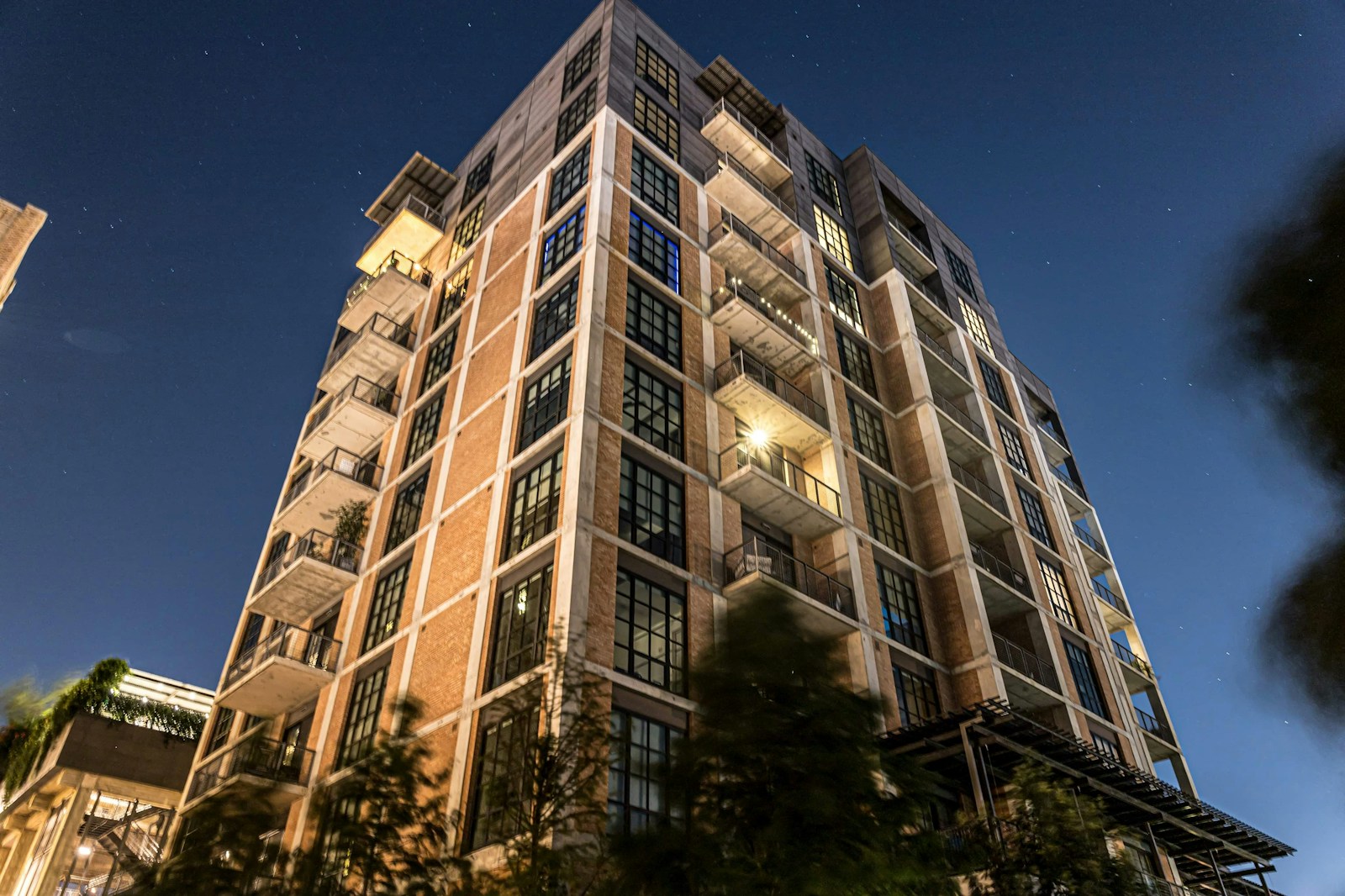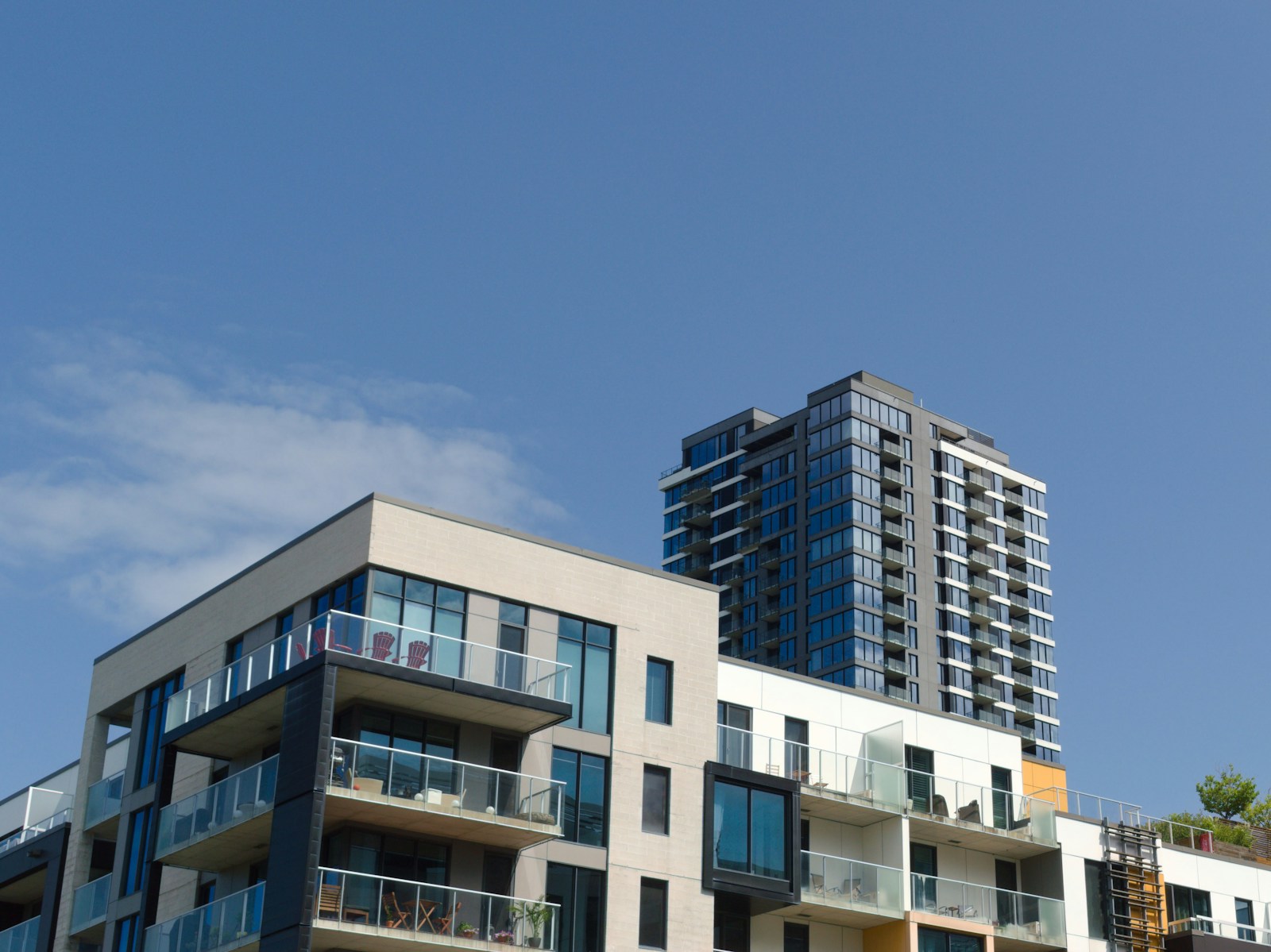It’s fascinating to investigate into the intricacies of executive condo eligibility, as my own journey revealed unexpected aspects. When I first considered purchasing an executive condo, I was initially unaware of the income ceiling and the need for residency in specific locales. My experiences navigating through eligibility criteria, alongside real-life examples from friends who faced similar hurdles, have highlighted how crucial it is to fully understand the nuances before diving in. Here, I’ll share these surprising insights to aid anyone looking to make a well-informed decision.
Key Takeaways:
- Eligibility for purchasing an executive condo is often tied to various factors like citizenship status, income ceiling, and family nucleus. For instance, only Singaporean citizens and certain PRs may qualify.
- The income ceiling for executive condos reflects the changing economic landscape; currently, it stands at approximately $16,000 for families, influencing many potential buyers’ decisions.
- Schemes for funding and grants, such as the CPF Housing Grant, can significantly reduce the financial burden on first-time buyers, providing up to $80,000 in financial assistance.
Unveiling the Eligibility Puzzle for Executive Condominiums
Navigating the eligibility criteria for Executive Condominiums (ECs) can be quite the challenge. From income ceilings to the five-year minimum occupancy period, the rules can feel overwhelming. I recall speaking with friends who were eager to buy their first home but were initially deterred by the perception that ECs were meant exclusively for a specific demographic. However, understanding the nuanced eligibility criteria opened doors they never thought possible.
The Income Cap Dilemma: What Most Buyers Overlook
The income cap for ECs is set at $16,000 for a household. Many potential buyers underestimate this limit, thinking it’s easier to qualify than it is. I once guided a colleague whose combined income with his partner exceeded this cap. Despite being well-situated in their careers, they felt barred from ownership, unaware of alternative funding options available to them.
Surprising Restrictions: Unraveling the Ownership Criteria
Ownership criteria for ECs often include stipulations that may catch buyers off guard. For instance, one must be a Singapore citizen or a permanent resident, and if a couple buys, at least one individual needs to be a citizen. I met a couple last year whose residency statuses complicated their purchase, as they hadn’t fully understood the ramifications of their PR status when planning their financial future.
Taking into account the ownership criteria, the restrictions can often lead to missed opportunities. Many don’t realise that if you are a first-time buyer with a Singapore citizen spouse, you can access additional subsidies and grants that make homeownership more feasible. It’s not uncommon for buyers to feel overwhelmed by the paperwork, only to discover in their research that they qualified for enhanced grants based on their family makeup. Understanding these criteria deeply can save you from unnecessary hurdles and open your options significantly.
The Down Payment Conundrum: What You Need to Know
Securing an Executive Condo (EC) involves navigating through the complexities of down payments, which can be a significant financial hurdle. Generally, a minimum of 20% of the purchase price is expected, with additional costs for stamp duties and other fees. Understanding these payments is pivotal in calculating your total outlay and ensuring you are well-prepared for this investment.
How Much Cash Do You Really Need?
Determining the cash required for your down payment goes beyond just the percentage of the property price. For example, if you’re eyeing a $600,000 EC, the standard down payment would be $120,000. However, additional costs like legal fees and renovations can add thousands more, making it crucial to budget thoroughly for a comprehensive financial picture.
Real-Life Scenarios: My Own Journey with Initial Payments
My personal journey into the world of executive condos was enlightening, especially regarding initial payments. I initially assumed that I could scrape by with the 20% down payment alone. However, once I probed deeper into the requirements, I realised I needed to allocate funds for stamp duties, which added another $17,000. I quickly understood that meticulous planning was necessary.
When purchasing my first EC, I set a budget of $650,000, firmly believing that a down payment of $130,000 was all I needed. Yet, after engaging financial advisors and conducting thorough research, I discovered additional expenses like renovation costs and the 4% stamp duty on the full price, amounting to about $26,000. This new insight transformed my approach to budgeting, underlining the importance of preparing for unforeseen expenses when venturing into property investment.
A Twist in the Tale: Foreigners and Executive Condo Access
While I initially assumed that executive condominiums were solely for citizens and PRs, I was surprised to learn that foreigners can occasionally access these properties under specific conditions. For example, individuals holding Employment Passes or S Passes can apply for an EC after the project has been completed for ten years. This unexpected twist adds a layer of complexity to the eligibility discussion, as many of my friends who are expatriates had no idea about this avenue for homeownership.
Exploring Unexpected Privileges
Foreigners often find themselves grappling with the perception that ECs are off-limits to them, yet there are privileges like buying after the ten-year mark. I have seen situations where expatriates purchased ECs that have matured, allowing them to enjoy the benefits of homeownership while enjoying services and facilities comparable to those found in private condominiums. This opens doors that many assumed were closed.
Personal Insights on Navigating Foreign Ownership
Navigating the complexities of foreign ownership in the EC market requires a good grasp of regulations and timing. I’ve witnessed friends successfully purchase older ECs, but this journey usually involves meticulous planning and an awareness of the different housing policies in play. One of them secured a beautiful unit after their relocation, highlighting the potential that exists for informed foreign buyers.
The journey of my friend demonstrated that thorough research is vital. They monitored property developments closely, ensuring they were aware of the ten-year rule for each EC they were interested in. By leveraging local property agents who understood the intricacies of the laws, they not only found a suitable home but were also able to navigate financial considerations and community aspects that enhanced their living experience. Such insights stress the need for foreigners to be proactive and informed in their pursuits within the EC landscape.
Executive Condo Eligibility: The Role of Family Ties in Executive Condo Purchases
Family ties can significantly influence eligibility for executive condos. Many buyers may not realise that their familial connections can enhance their purchasing power. Often, I’ve seen families come together, pooling their resources to secure a more suitable property. This approach not only makes financial sense but also strengthens family bonds as they work towards a common goal.
How Joint Applications Can Open Doors
Joint applications often present a unique opportunity in acquiring an executive condo, making properties accessible that might be out of reach for individual buyers. By combining incomes, I found that my family could apply for a larger loan amount, thus expanding our choices. This strategy can also reduce the financial burden on any single individual.
My Experience with Family Collaboration in Buying
Collaborating with family for purchasing an executive condo proved immensely beneficial. I organised discussions with my siblings about our collective wish to live closer together. Pooling our financial resources allowed us to afford a property that met all our needs. Ultimately, we secured a condo priced at $1.2 million, a feat that would have been much more challenging had we pursued it individually.
My experience with family collaboration underscored the strengths of teamwork during the buying process. Each sibling brought different perspectives and financial strengths to the table, making our application more robust. We managed not only to secure a sizeable loan but also navigated the complex process of eligibility criteria together. As a result, purchasing the condo became a shared achievement, further solidifying our family ties and reinforcing the notion that such an investment can be a collective journey.
Uncommon Myths Debunked: What Happens After You Purchase?
After securing your executive condo, various myths can cloud the reality of ownership. Many believe that costs cease upon purchase, but ongoing expenses such as maintenance fees, property tax, and renovations continue substantially. I discovered these duties early on, which shaped my financial planning and emphasised the importance of budgeting beyond the down payment.
The Truth Behind Resale Value and Ownership Duration
Resale value often hinges on market trends, location, and the state of the property. When I first bought my executive condo, I was convinced that simply owning it for the minimum five years would guarantee a profit. However, I learnt that active upkeep and understanding the local market significantly impact resale potential—and being in tune with neighbourhood developments can lead to greater financial return.
Lessons Learned from My Own Resale Process
The resale process taught me the nuances of timing and preparation. I initially underestimated the impact of the housing market’s fluctuations on my property’s value. When it was time to sell, I engaged a realtor who helped me stage the condo effectively, ensuring it appealed to potential buyers. By keeping a close eye on comparable listings in the area, I learnt to price competitively, which ultimately resulted in a successful sale.
During my resale journey, I also realised the importance of updates. Small renovations and a fresh coat of paint elevated buyer interest tremendously. I documented all improvements meticulously to highlight the added value to prospective buyers. Furthermore, having a solid understanding of what buyers were looking for in the market allowed me to tailor my messaging effectively—leading to a smoother sale than I initially anticipated.
Conclusively, my journey through the eligibility criteria for executive condos unveiled some surprising insights. For instance, I discovered that first-time buyers like yourself can qualify for significant grants, potentially saving thousands of dollars in the process. In my experience, navigating the application was smoother than anticipated, and understanding the financial commitments upfront proved invaluable. Additionally, I was pleasantly surprised by the flexibility in terms of income limits, which allowed more individuals to enter the market than I initially thought. This knowledge can empower you to take the next step toward homeownership in an executive condo.
Surprising Facts About Executive Condo Eligibility
Q: What is the income ceiling for purchasing an executive condo?
A: The income ceiling for purchasing an executive condo is $14,000 per month. This limit can vary depending on the policies set by the government, and it is imperative to check for the most recent updates. For instance, a friend of mine with a total household income of $12,000 was eligible to apply for an executive condo, while another acquaintance, with a combined income of $16,500, was not able to proceed with their plans due to exceeding the limit.
Q: Are there any age restrictions for applicants?
A: Yes, applicants must be at least 21 years old. Additionally, if applying with others, at least one applicant must be a Singapore citizen. I once assisted a colleague who turned 21 shortly before applying for an executive condo. This timing worked well, allowing her and her partner to secure their dream home together since they met all the eligibility criteria.
Q: Can you share examples of how individual circumstances affect eligibility?
A: Individual circumstances can significantly impact eligibility for an executive condo. For example, one of my relatives, who was a first-time buyer under the Public Housing Scheme, faced difficulties due to his single status. Despite having sufficient income, his application was delayed as he lacked the necessary eligibility under the singles policy. In contrast, a couple with children would have a more straightforward pathway to application, illustrating how family status can influence one’s ability to qualify.











